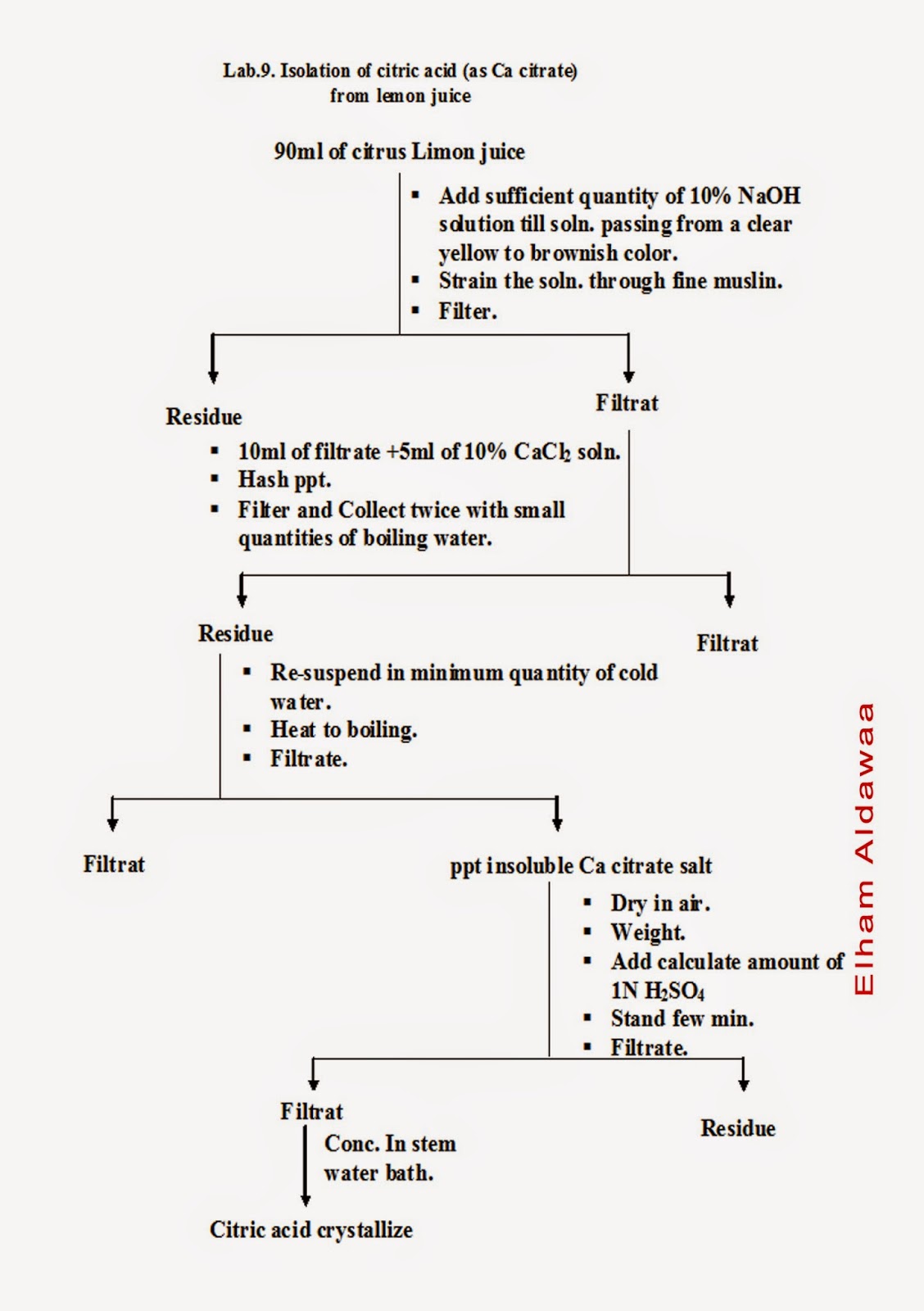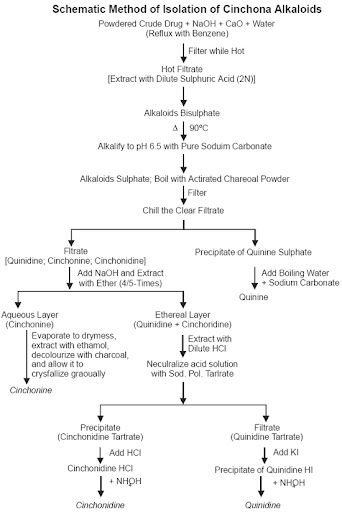Organic & “natural” tonic water - a scam?
Contributed by on Dec 14, 2017
Four readers love this post.
DrinkWire is Liquor.com’s showcase for the best articles, recipes and reviews from the web’s top writers and bloggers. In this post, The Opinionated Alchemist offers a perspective on tonic water production.

Gin is a booming in popularity. And Gin & Tonics were one of the hottest drinks of 2017. As bartender, you often hear that a premium gin deserves a premium tonic. But how objective is that?
It might start with the gin. But how premium is premium gin? If we are comparing quality gins with the so-called “new” premium gins, there is not much difference. Sure there are a different array of botanicals used and there is a different alcohol strength, but there is no real correlation between price and factual quality. That doesn’t mean that your Monkey 47 is anyway worse... it just means, that you cannot buy taste with money.
But what's up with your fancy Tonic Water?
Let’s face it. No beverage which is recognizable as “soda pop” can be made totally natural. Because if it is natural, it will taste like (cloudy) lemonade. Citric acid is made out of natural ingredients, but is highly processed. The ingredients in the process are Sodium Hydroxide and Calcium Chloride.
Don’t get me wrong, most ingredients today are pretty processed, inclusive of white (bleached) sugar or bicarbonate of soda. The actual problem I do have is that the producers of those fancy tonic waters are highlighting that their tonics are made with only the most natural ingredients.
And guess what, quinine is even more processed.
The process includes ingredients like Benzene, Sulphuric Acid and Alkaloids Bisulphite.
That doesn’t seem very natural to me...
There is not only sugar, citric acid and quinine in tonic water, but also other aromas. Remember one thing: if a producer puts “natural ingredients onto the ingredient list, they don’t mean that they are using fresh produce in their product. This would shorten the expiration of a soda and would also make it more inconsistent.
There are “aroma” companies out there which specialize in producing natural, nature identical and artificial aromas and producers of tonic waters are utilizing exactly those producers (and most producers are using natural aromas). These aromas are usually distilled aromas (hydrosols), but also some aromas, which are made with fermentation or other processes, occasionally out of a natural ingredient, which has nothing to do with the original flavor. There is the industry secret, that processed wood shavings can taste exactly like juice strawberries — and guess what? Wood shavings are natural and the producer doesn’t need to add “wood shavings” to the ingredient list as they just extract the aromas of strawberries out of it. This (in this case) is your strawberry aroma.
This is also not really a bad thing, it is just not what the customer expects.
Because at the end, there is pretty much only one difference between a traditional tonic (like Schweppes) and a fancy tonic (like Fevertree). It's the use of sugar vs. high-fructose corn syrup (and sometimes it is not even that).
In taste tests, I usually preferr Canada Dry Tonic Water (quite classic, citrus’y, bubbly), but I also like Burma Tonic (pretty “root'y” and earthy) and one of most favorite has been Thomas Henry Cherry Blossom Tonic Water. And honestly I also don’t hate Fevertree (even though it is often overrated) or even “good" old Schweppes (even though it is made with HFCS and lately they are even adding aspartame).
If you really don’t want to go “industrial" you would need to go the way of making your own tonic from cinchona bark. But then, it is also important that you know what you are doing (you can overdose quinine!).
The important lesson here is don’t necessarily believe the marketing constructs of commercial producers. If you want to use their products, great. If not, that's also fine.

.jpg)
